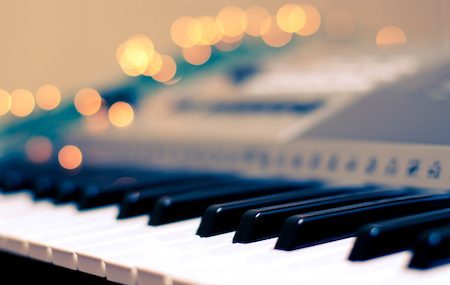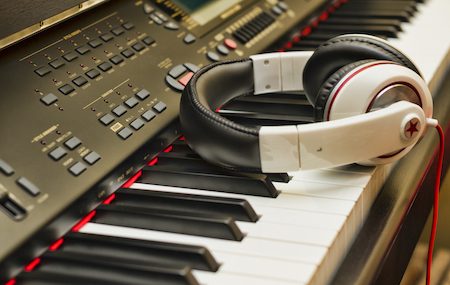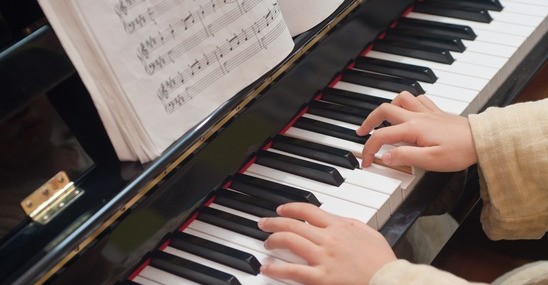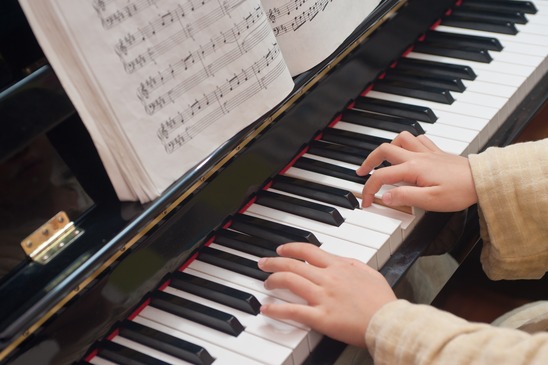So you want to learn to play the piano. The first step in the process is getting an instrument you can play as you practice.
While that may sound like an easy task, from the moment you start looking, you’ll find there are many ways to fulfill the task. You can find inexpensive keyboards at your local big box store. Or you can invest in an acoustic piano that can be a part of your home for years to come. What’s the right choice for you?
Let’s start with keyboards. What makes digital keyboards increasingly popular is their ability to connect with your computer, and share your creations with family and friends on social media. It’s turned many musicians from players into creators, all at the touch of a button. You can serve as your own orchestra or band, using your keyboard to create dozens of different sounds and setups.
That makes it sound like investing in a keyboard is the right choice for everyone. Not so fast. Keyboards might be perfect for creating a variety of sounds, but it can also create a reliance on mechanics to create the sounds you are looking for.
When you take the time to learn how to play an acoustic piano, you are getting down to the basics of learning to play. It’s more difficult at first, because you’re learning how to create music with precision. You’re learning the touch of the keys and the timing of the sounds. You’re learning volume, voice, and how to strike the keys. You’re learning what the pedals are, and how to hold your hands to play properly. This is about knowledge of music, more than utilizing technology to create sound.
Before you invest in a piano or keyboard, ask yourself a few questions first.
- Where will you play the piano or keyboard?
- What is your ultimate goal?
- Will you be predominantly playing for yourself?
- Do you hope to play with a group?
- Do you hope to transfer your skills to other instruments?
The more you choose to make music a part of your life, the more important it is to get down to theory, and have a broad understanding of how the piano works.
What’s the best choice for you: piano or keyboard?
We’d love to hear what helped you make your final selection.





